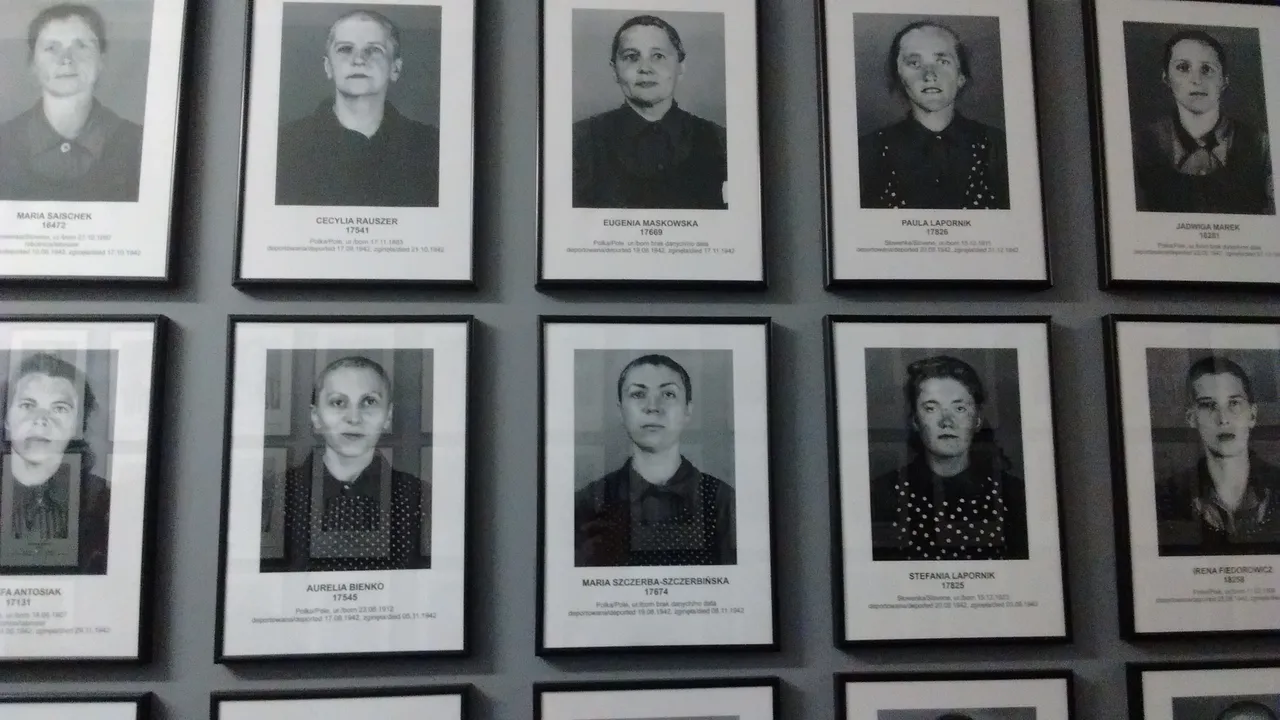
This trip was one of the hardest things I have ever experienced emotionally and to an extent, I feel a little overwhelmed blogging about it now. But it is important to explore the world through the lens of our own perception, both good and bad. This is how stories are passed on, how lessons are solidified, by the retelling through a myriad of different eyes. What one person may write, about the history, facts and figures of the holocaust might speak to a certain reader and pass the message of history along. Equally, some might read a poem and feel the deep abiding horror of what happened at Auschwitz in the depth of their stomach just as I did. All perspectives are valid, and needful, to perpetuate those lessons.
Putting a face to the name. That title speaks to something I think is at the root cause of why the human species can perpetuate such levels of genocide. How people who consider themselves compassionate can turn aside and look the other way when such extreme violence is being visited upon a whole group of people. If it is made easy for them to not put a face to the name it's possible for them to follow a twisted logic of dehumanizing people. I also think the psychology of fear has a lot to do with why the Nazi's got away with such atrocities along with the rhetoric of hate based on race, religion and stereotypes. It is a hard circumstance to analyse and I am aware that many non-Jewish people did resist and help/hide people persecuted by the Nazis, helping them to escape the holocaust.
The wall of pictures in Auschwitz had a profound effect on me psychologically. I shrugged it off at the time, but if you look closely in the picture above you can see that Aurelia Bienko is smiling. Is this a case of a learned reaction? Smile for the camera, so to speak. Or did she still have hope and belief that this wasn't a death camp that she had been brought to at the time the picture was taken. It was a strange thing to think about, but these are the questions I wanted to ask her and possibly an emotional defence mechanism for me as I walked down that hallway. Her smile was the thing that jumped out at me among the many faces on that wall because it seemed so out of place among those others so full of hopelessness and suffering. Faces of fathers bereft of family and mothers separated from their children. Or maybe hers was a smile of defiance. We will never know.
I put a name to that face in a sea of faces because something that seemed out of place caught my attention. Don't get me wrong, each and every one of those pictures hit me hard, their names, the senseless nature of their deaths, the description of their jobs and family, all made it personal. I was seeing people some of whom I undoubtedly would have got along with, some maybe had disagreements with, and perhaps our personalities would have clashed, but all people just trying to get on with life. My emotional reaction and fixation on Aurelia was simply a way to cope with the realization that over a million people, just like you or me, were exterminated over a twisted ideology.
Below, is a library of pictures of the main Auschwitz concentration camp before we move on to Birkenau. I have written a poem at the end of this post which expresses my impressions much more clearly than I find myself able to in prose.
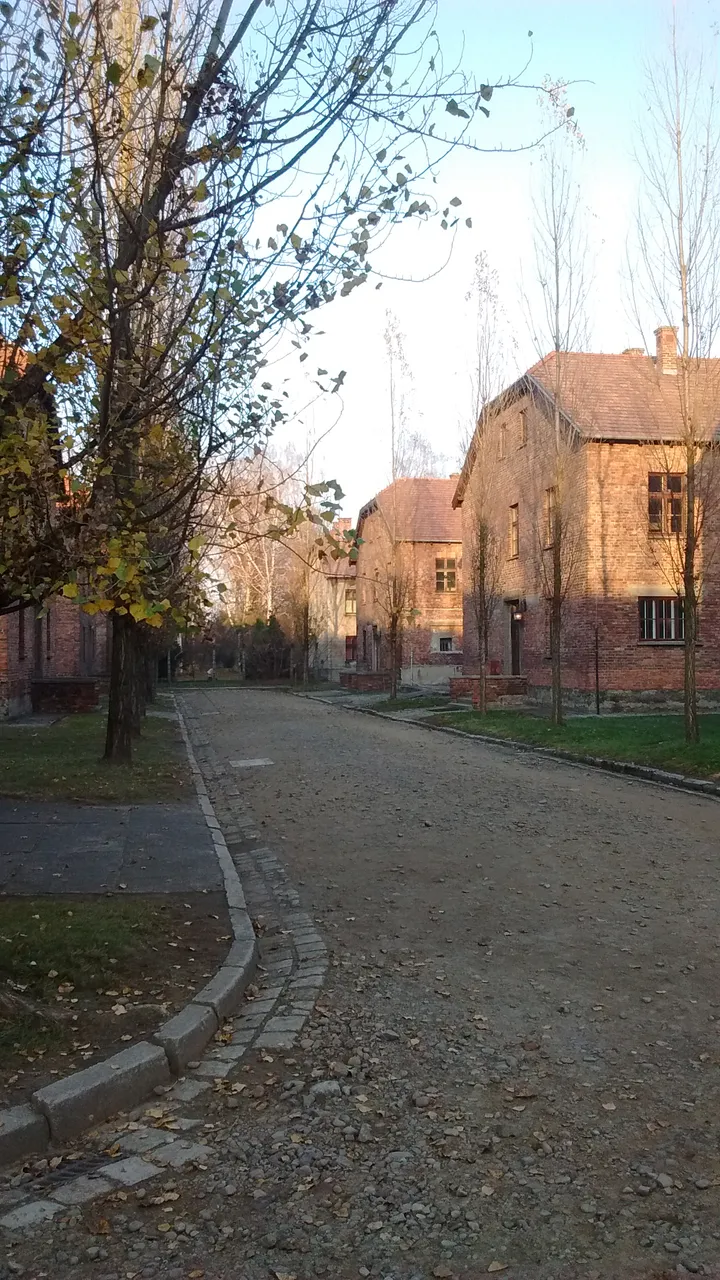
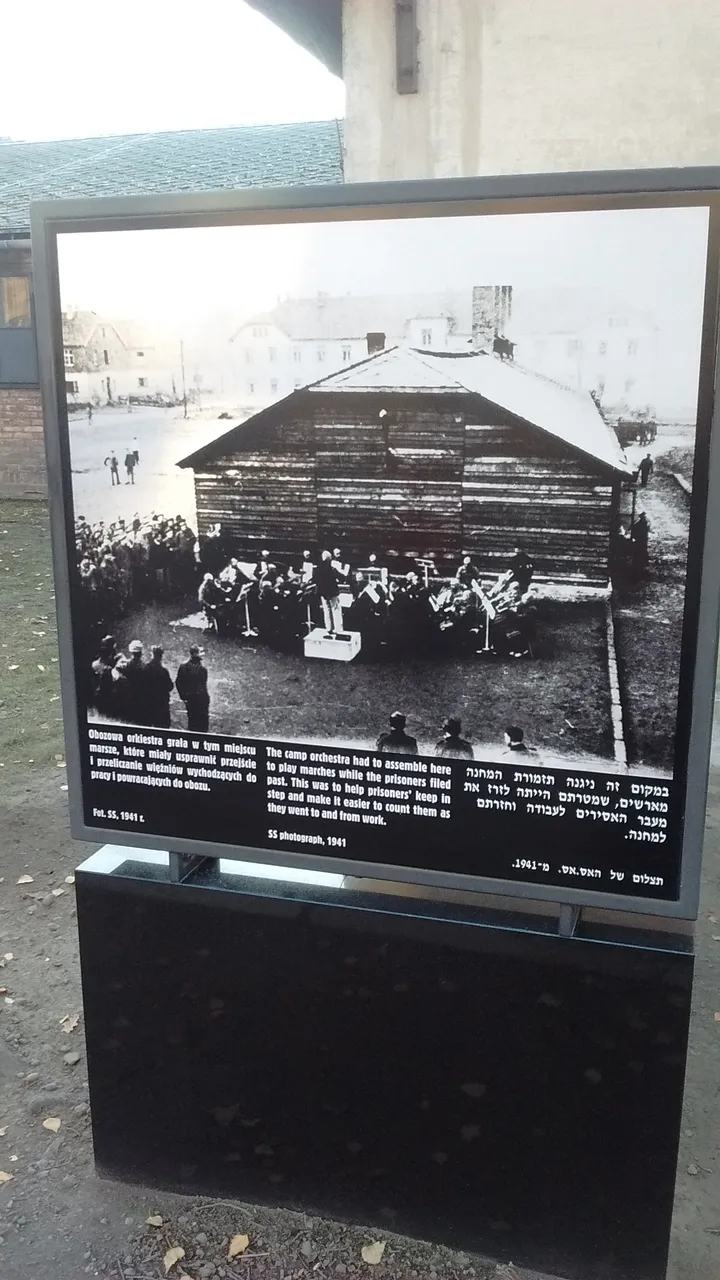
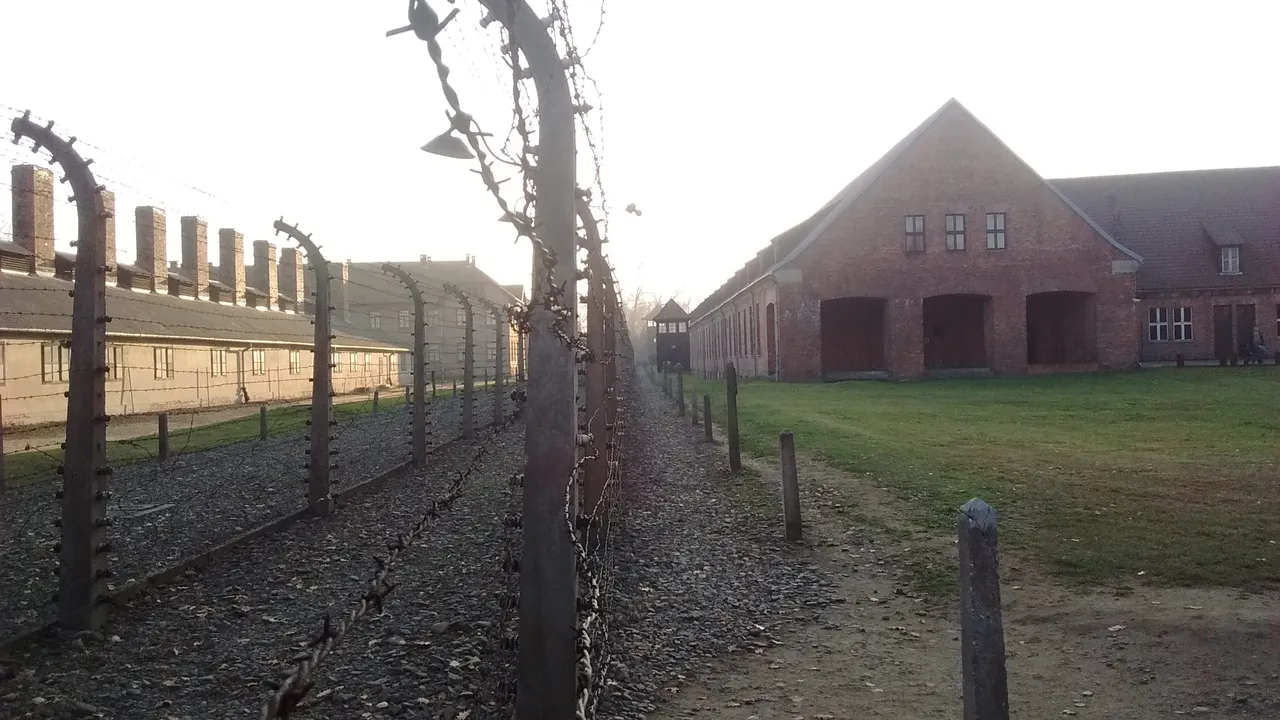
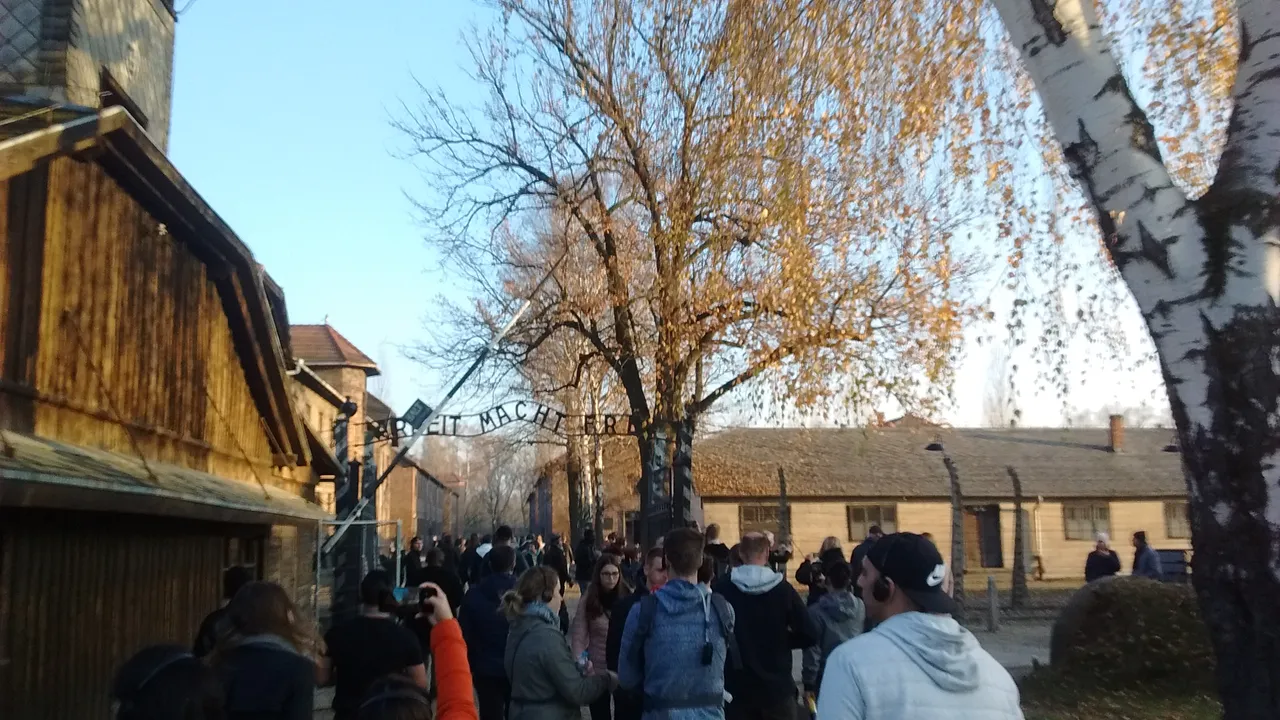
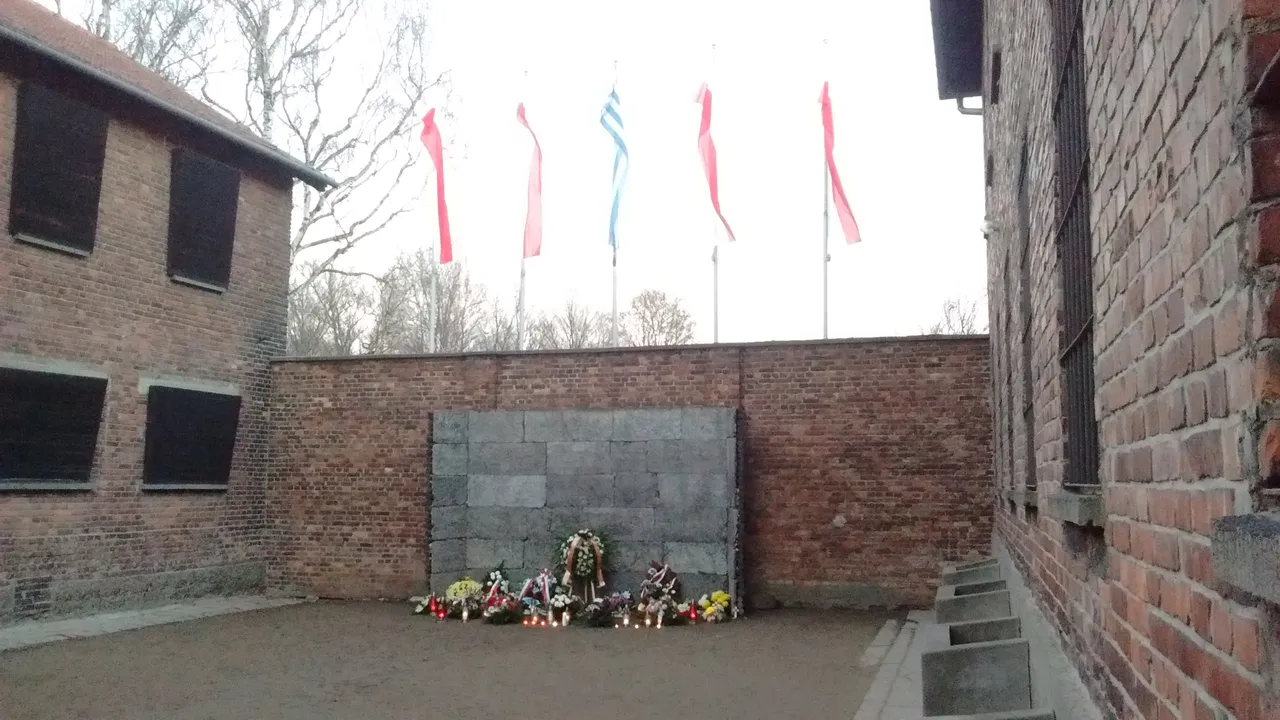
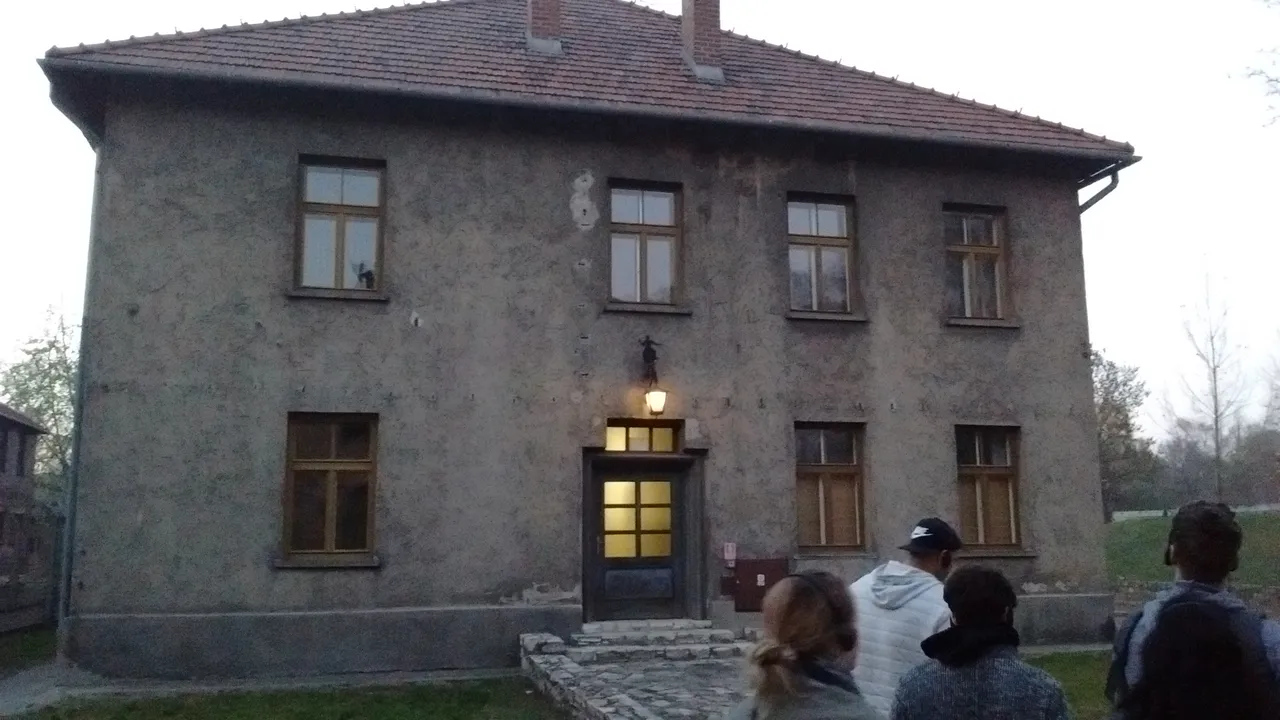
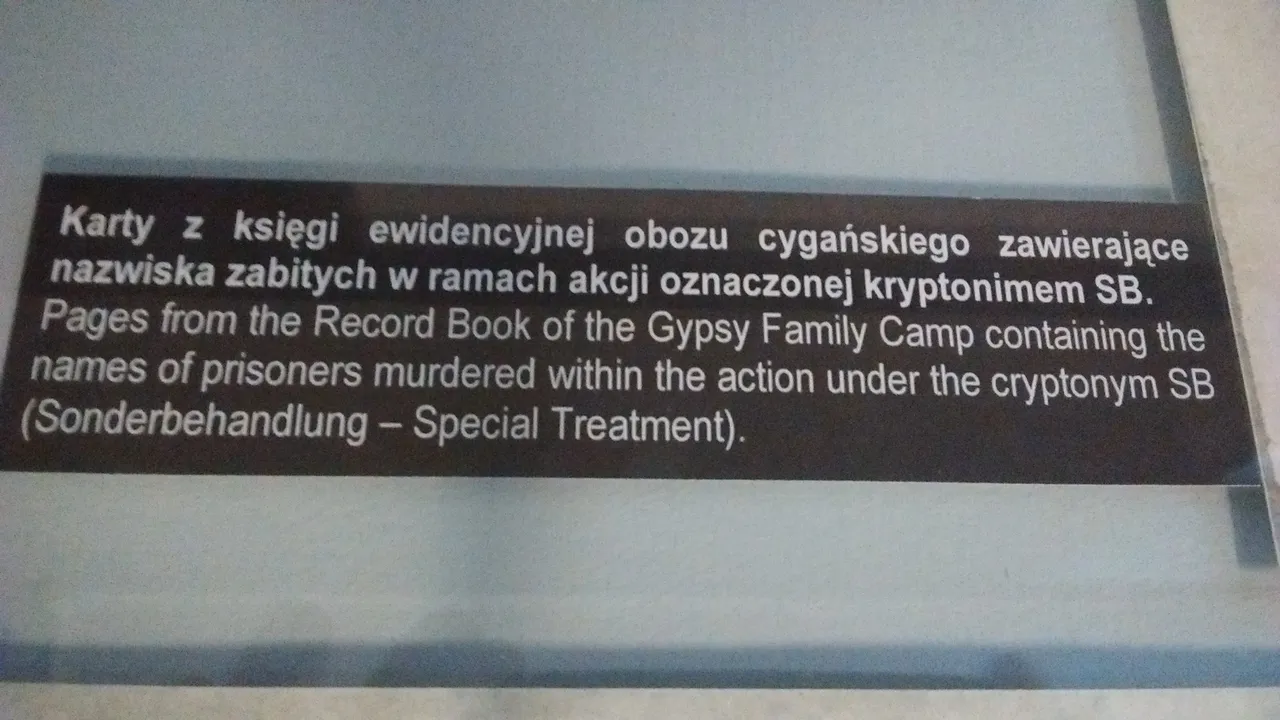
The language used - 'special treatment' - still makes me feel sick to my stomach.
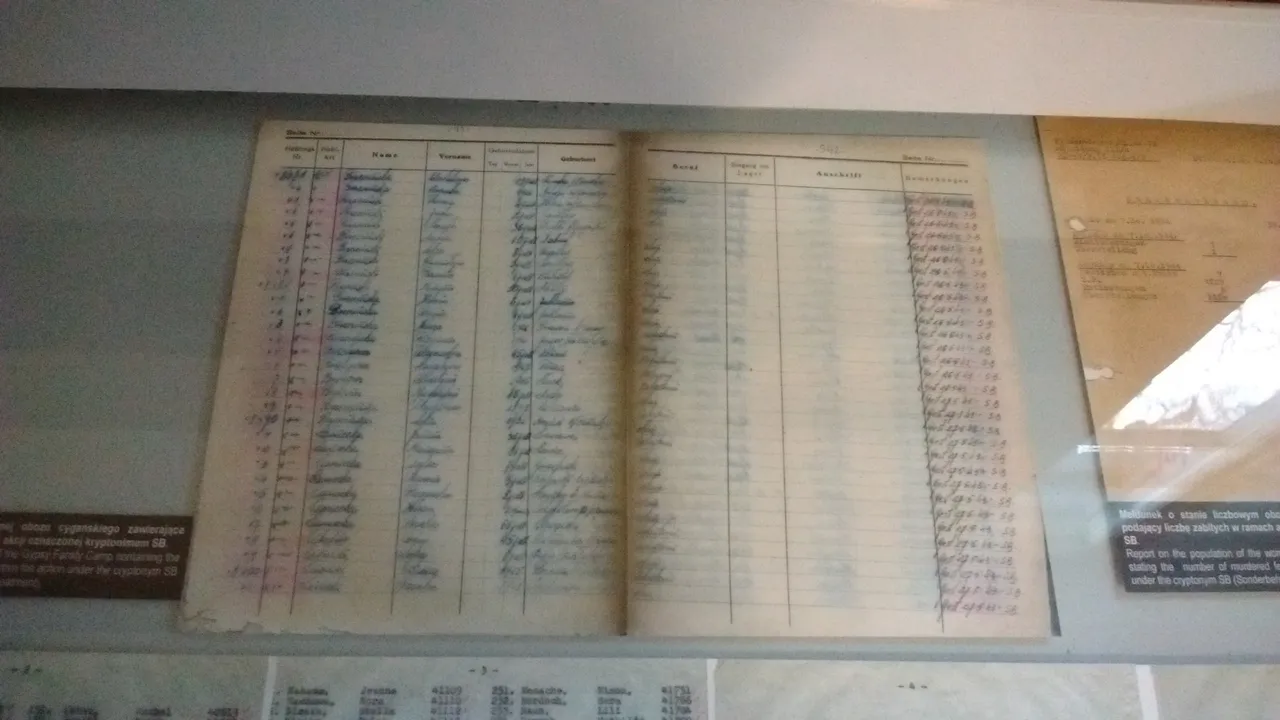
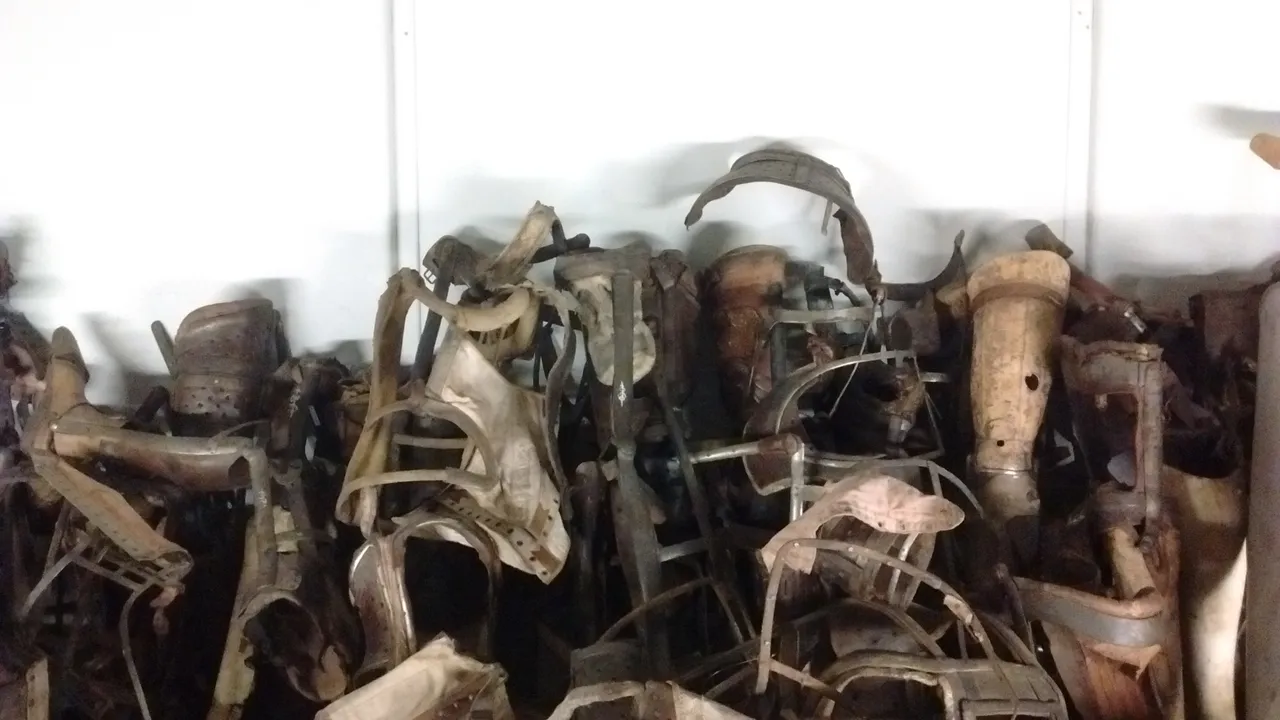
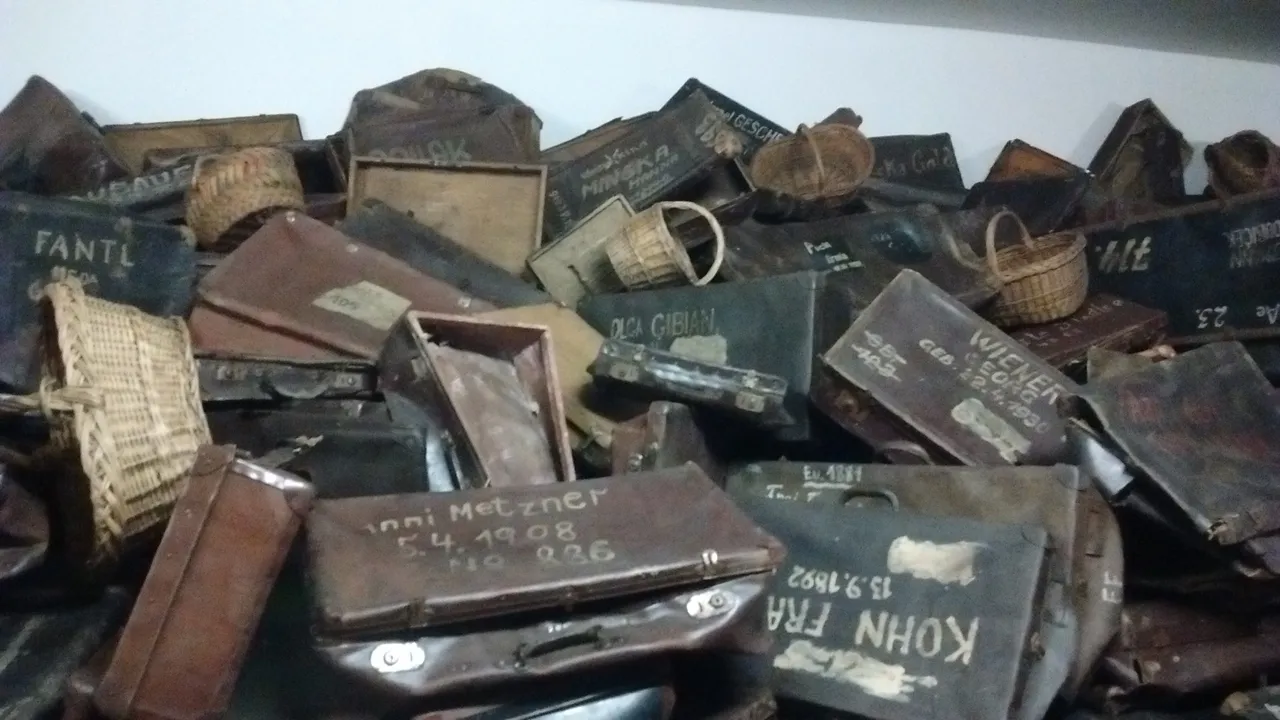
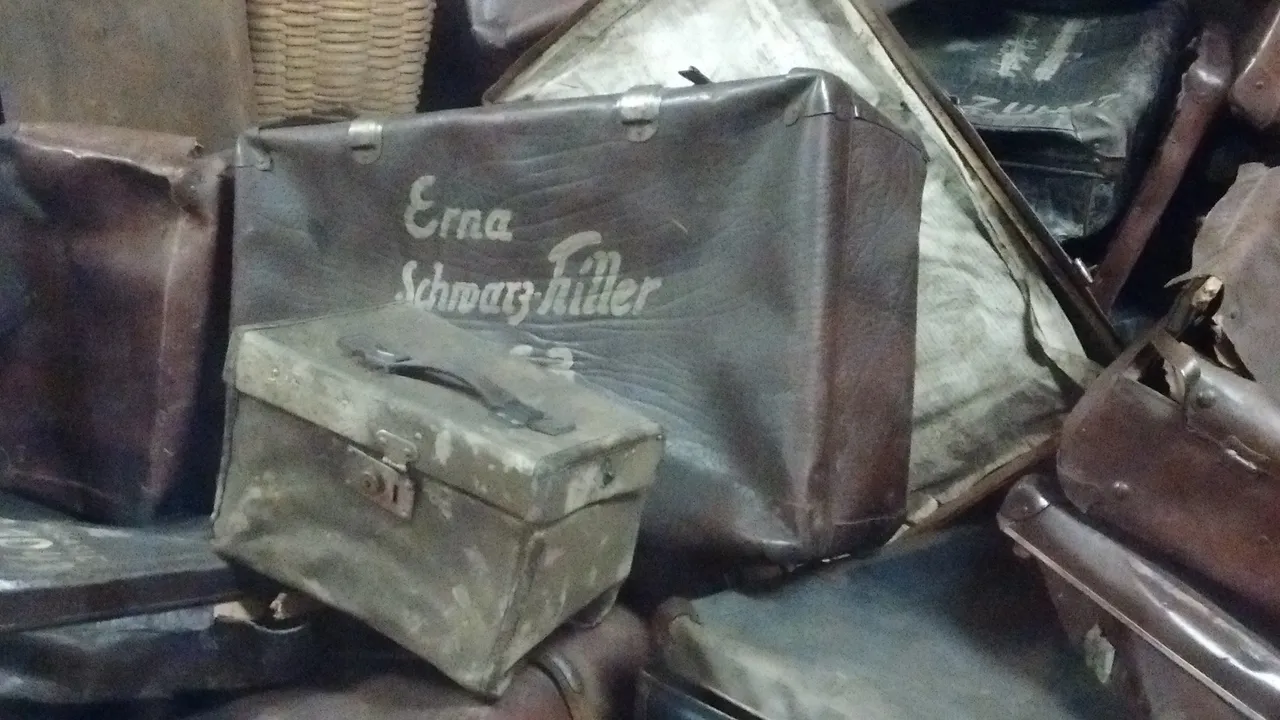
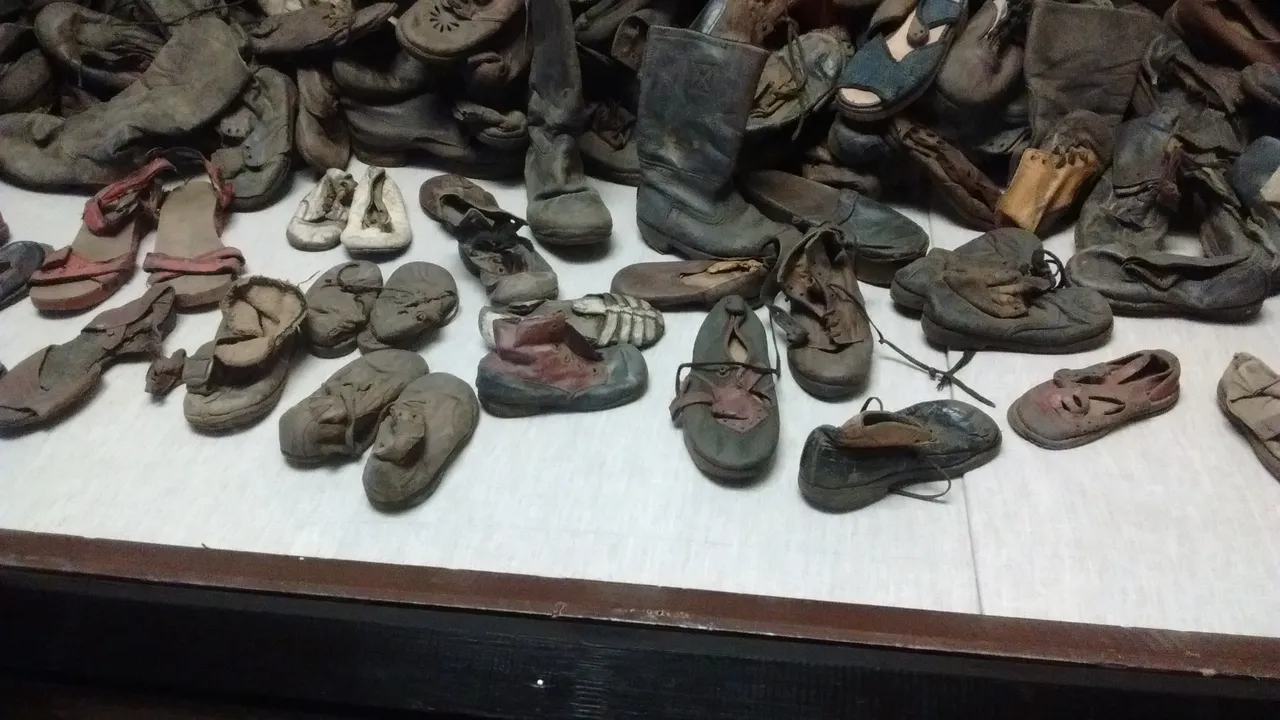
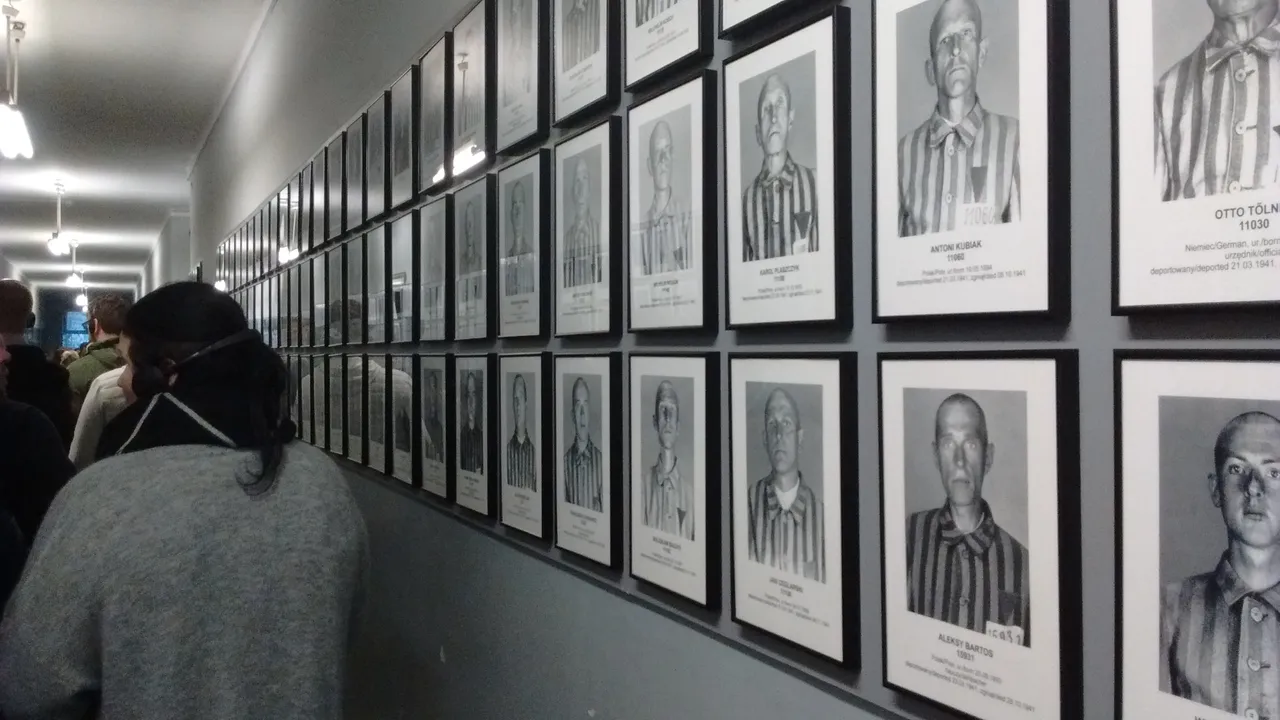


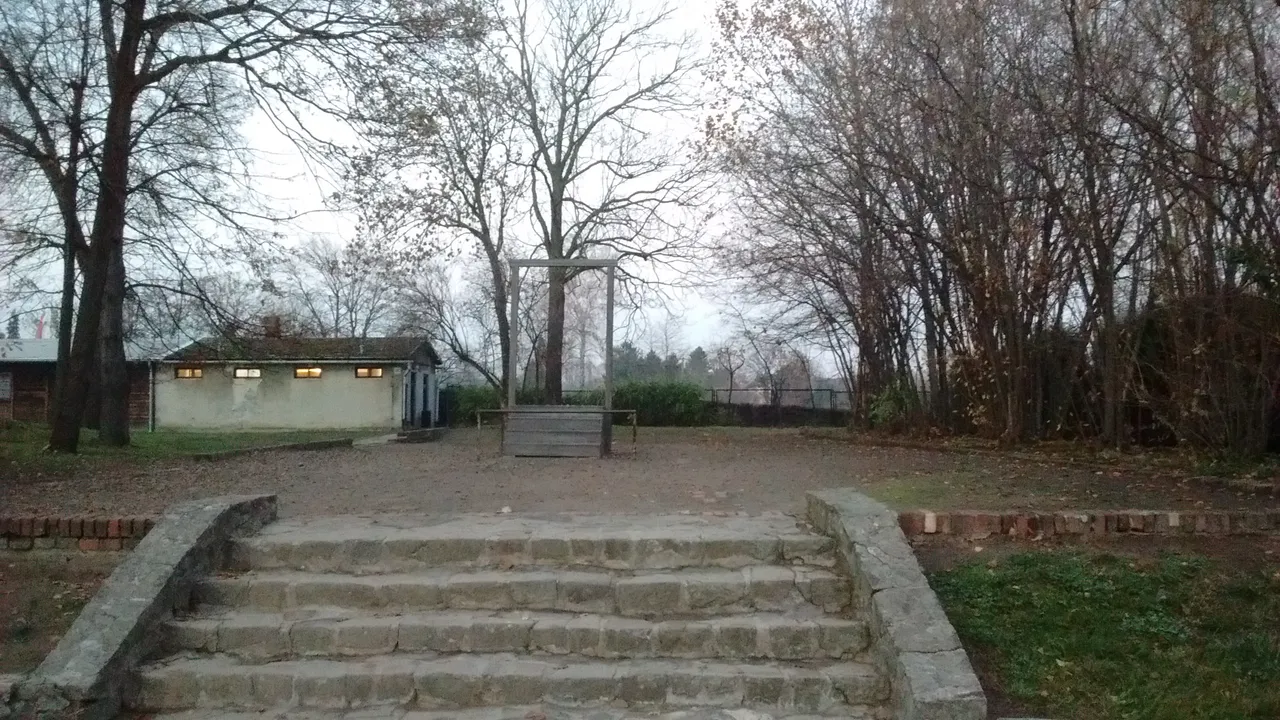
Birkenau - Poetry - An Oven Should Bake Only Bread


Mind flayed by the cattle stalls,
muscles tight, tears held in stasis,
empty chambers now collapsed.
Cold shelves lined walls,
where women were stacked.
Paint-flecked carved pain
engraved in family names.
I ate a Twix surreptitiously,
while starving eyes of the dead
counted sun-baked tourists.
All ovens should bake only bread.

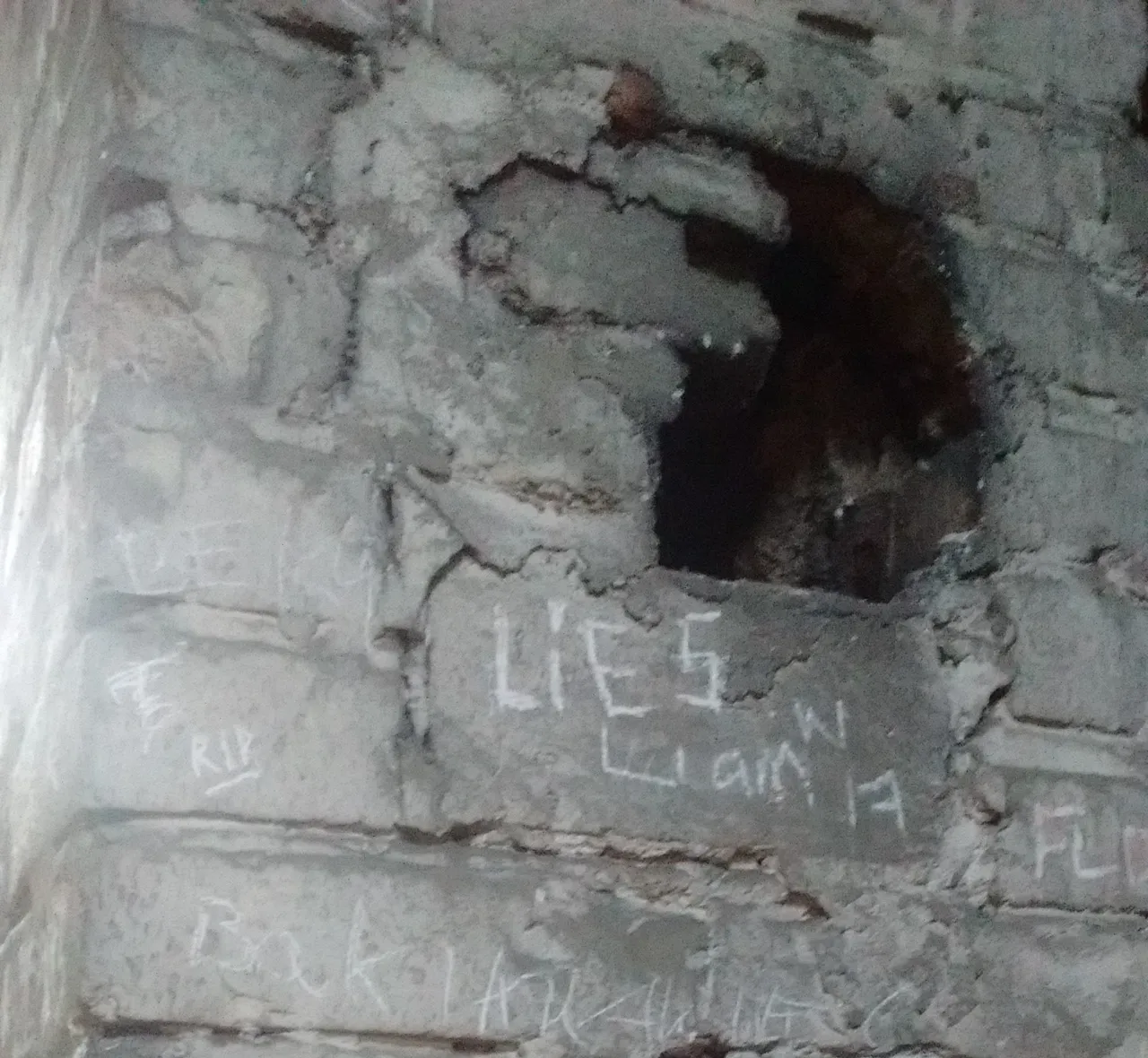
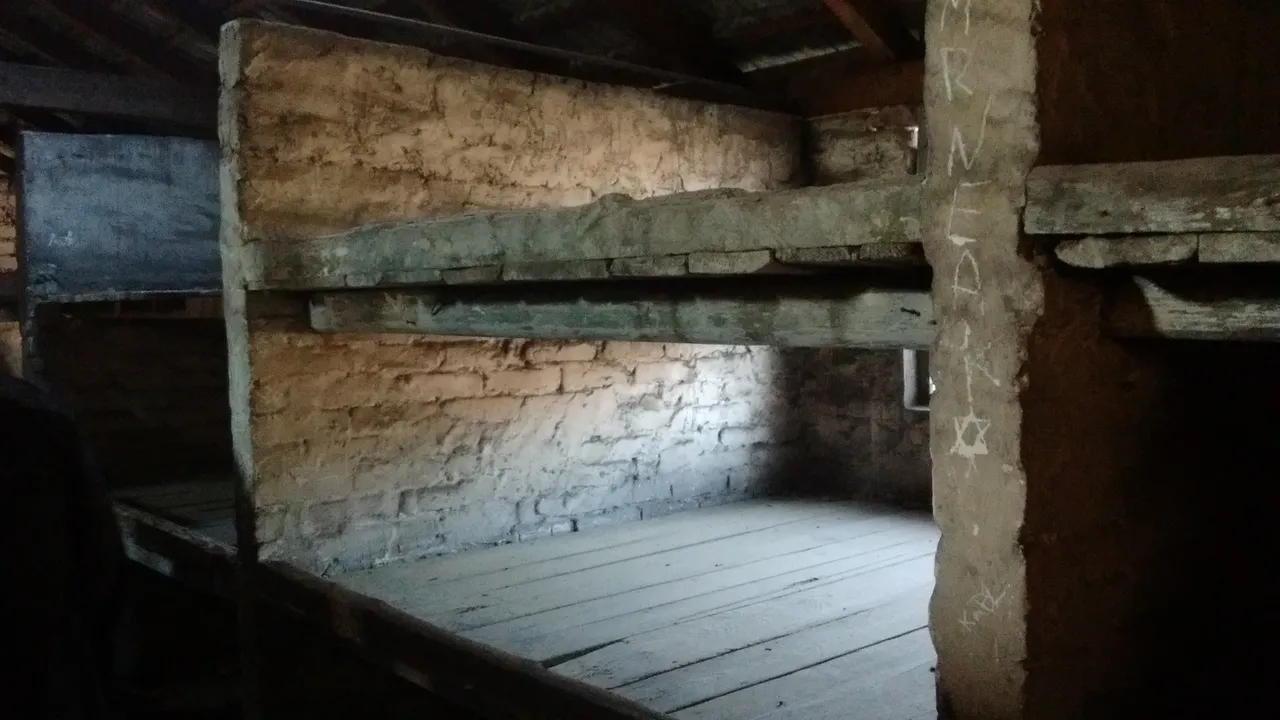
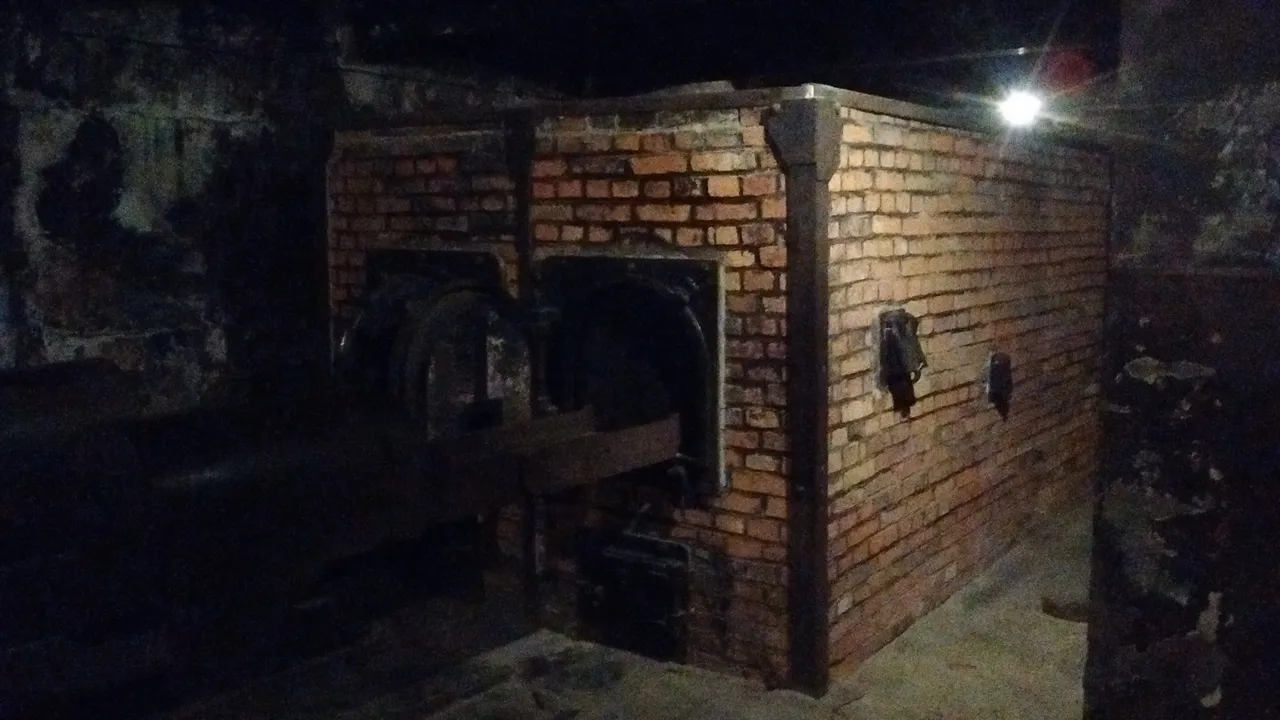
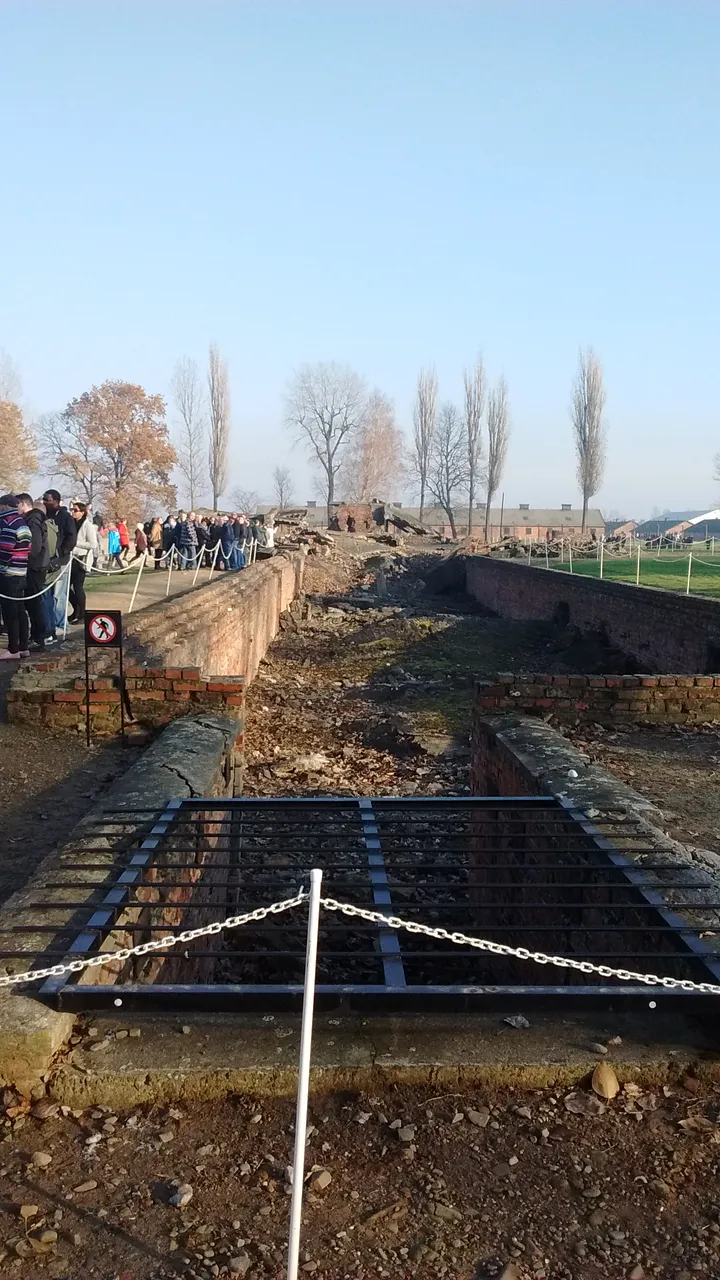
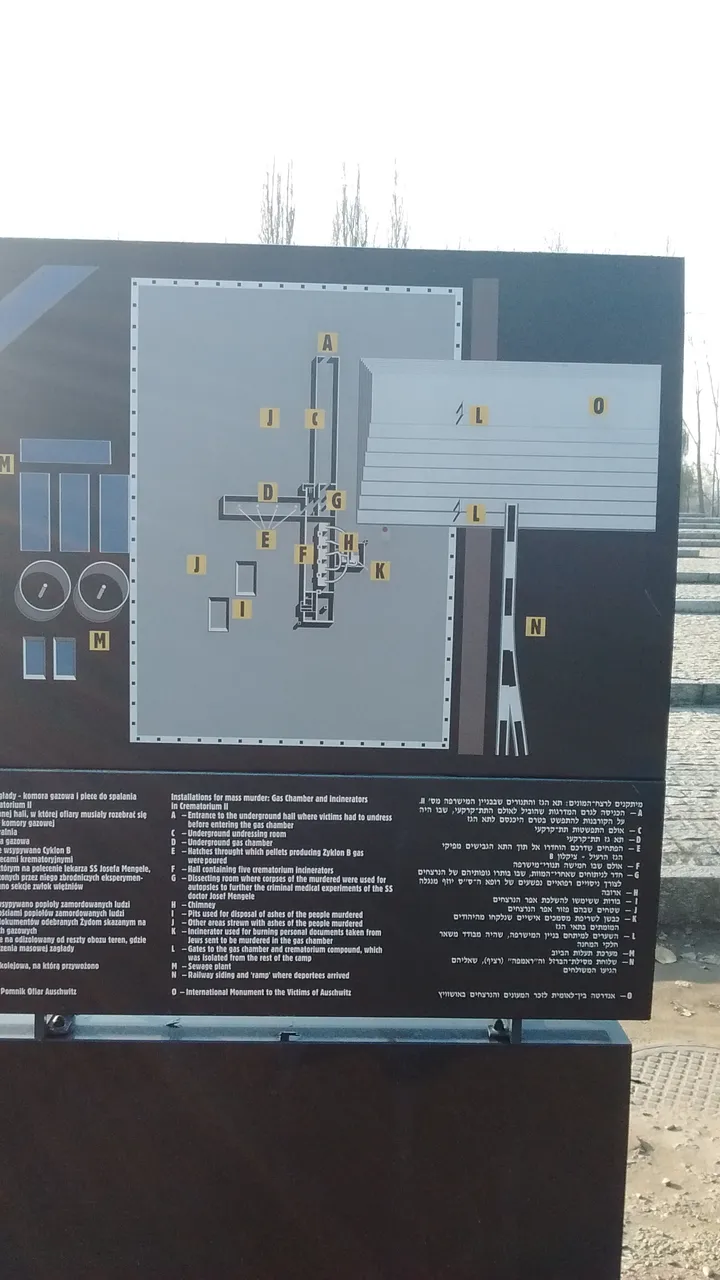
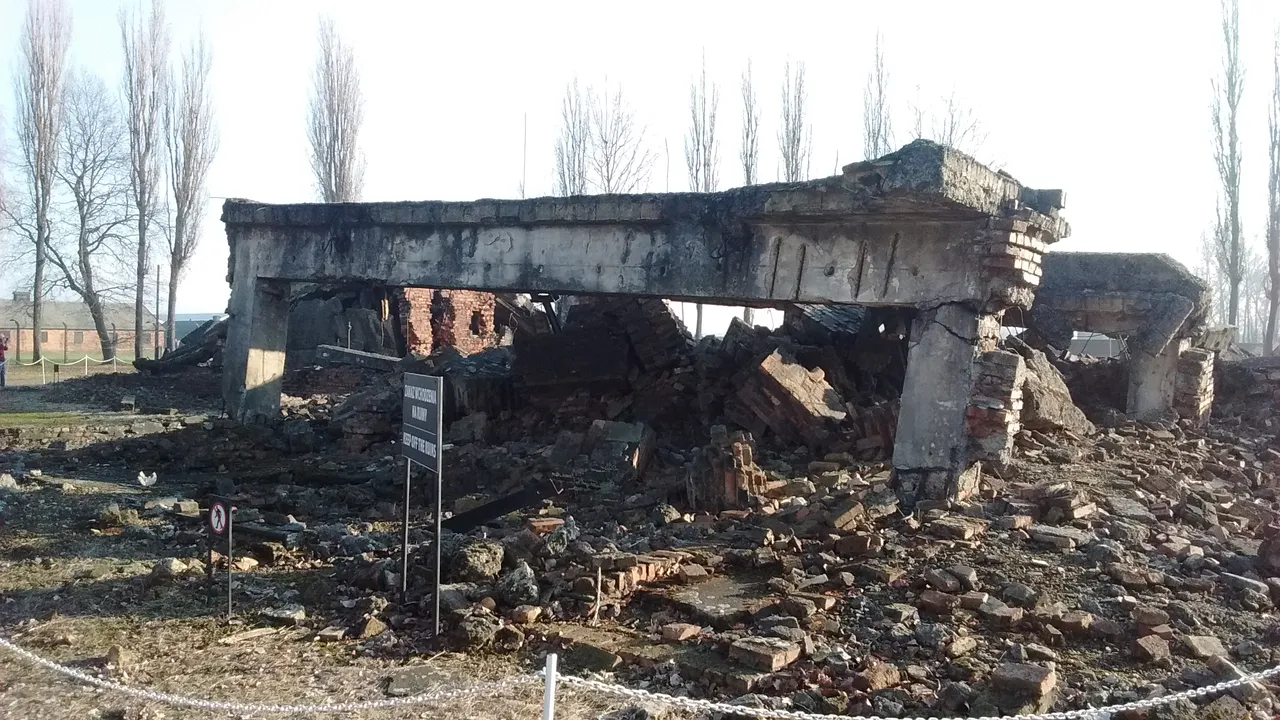






Join us @steemitbloggers
Animation By @zord189

